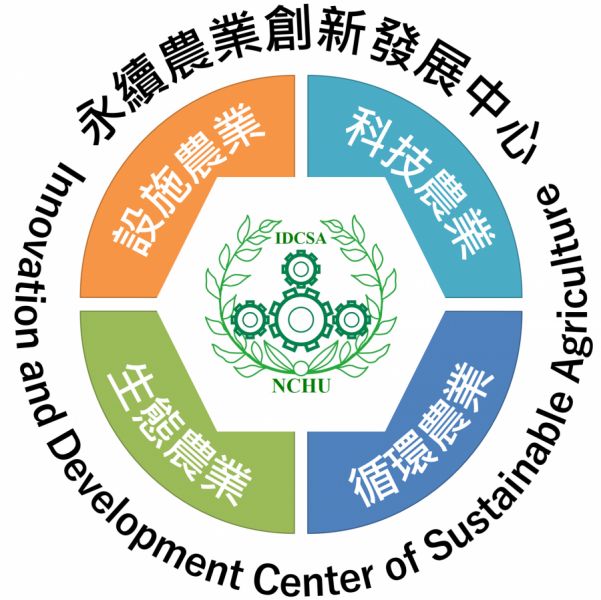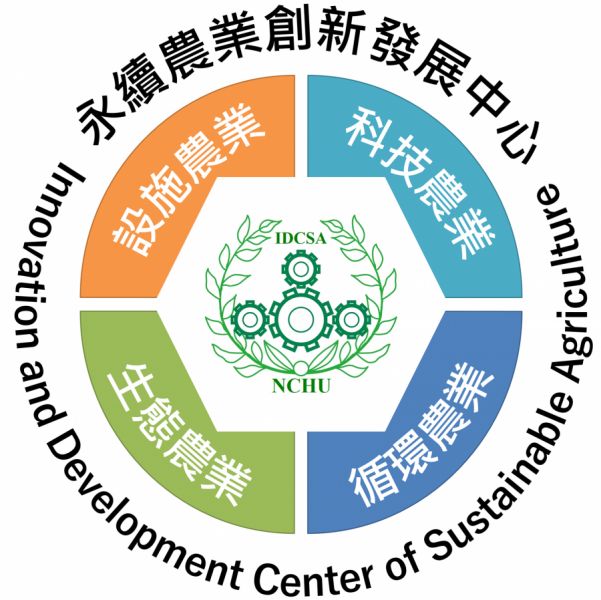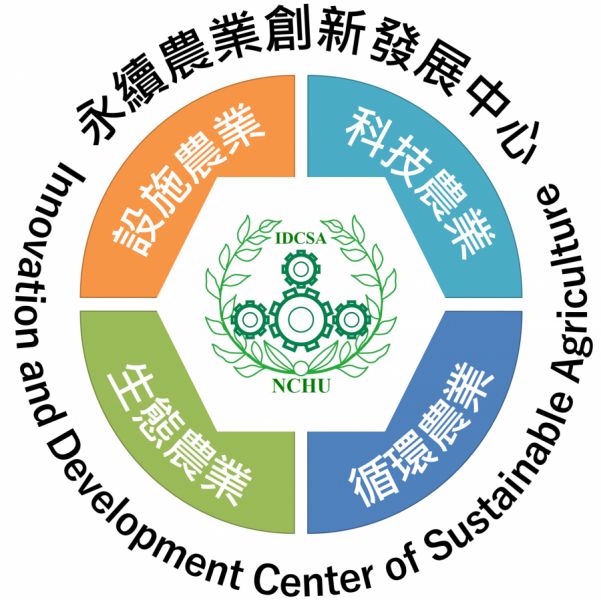This project focuses on the application of novel materials in agriculture and analyzes their effects on plant health. Furthermore, uncovering the mechanisms of how novel materials inhibit pathogens or increase plant growth. In combination of academic theory and practical applications, the effects of novel materials are examined through several experiments. Two key research projects in 2019 were performed, and the results are as follow:
1. Application of novel materials on pathogenic microorganisms:
Different types of nano zinc oxide (nZnO), provided from sub-project investigator professor Han-Yu Hsueh, were used to analyze the antibacterial effect on several types of plant pathogens. The results demonstrated that 3D nZnO has a better inhibitory effect on the soil-borne fungal pathogens. Furthermore, the electron microscopy is applied to observe the mode of action of novel materials. Also in cooperation with Professor Lin Jiang-Jen of the Polymer Research Institute of Taiwan University, the antibacterial effect of silver nanoparticles on nanoscale silica platelets (AgNP/NSP) and nanoscale silica platelets (NSP) on soil-borne disease Fusarium oxysporum f. sp. niveum was examined. We applied molecular biological, physiological and biochemical tests for analyzing the antibacterial action mechanism of the material.
2. Application of novel materials on plant growth:
For the evaluation of plant growth effects of novel materials, a variety of novel materials were used to examine their effects on plant cultivation. A beneficial microbes BM103 has been showed have beneficial effects on strawberries. Additionally, beneficial microbes and nano-materials were used to examine whether these novel materials would benefit from tolerating the abiotic stresses on Chinese cabbage. Relevant tests are being conducted in the field to test the beneficial and nano-materials to improve the adaptability of Chinese cabbage.
圖說:黃振文團隊的「蕈狀芽孢桿菌 (Bacillus mycoides)」技術榮獲台北生技獎技轉合作獎
Subproject 5 : Application of Novel Material in Plant Health Care Physiological Mechanism 2019-12-31




